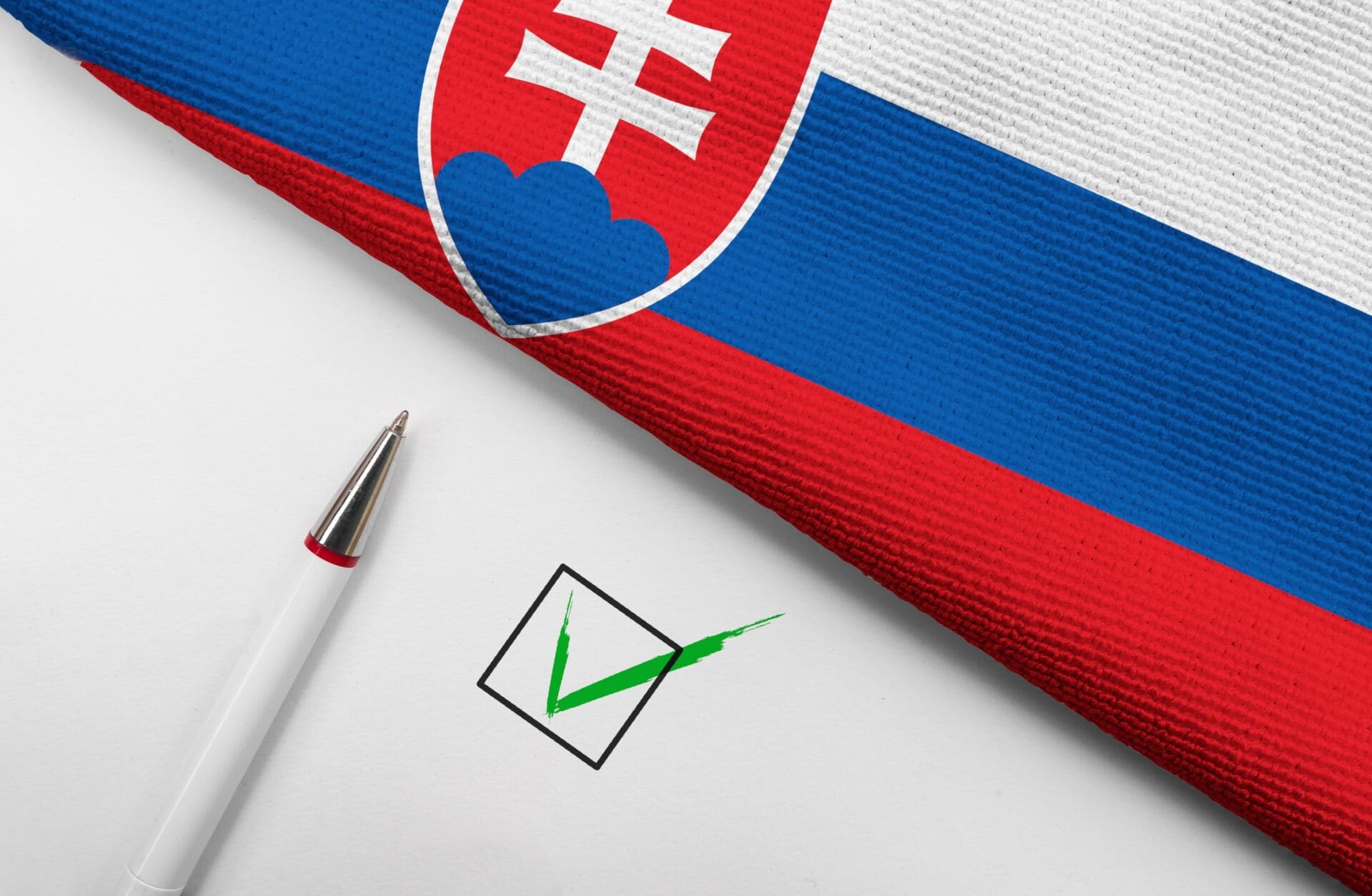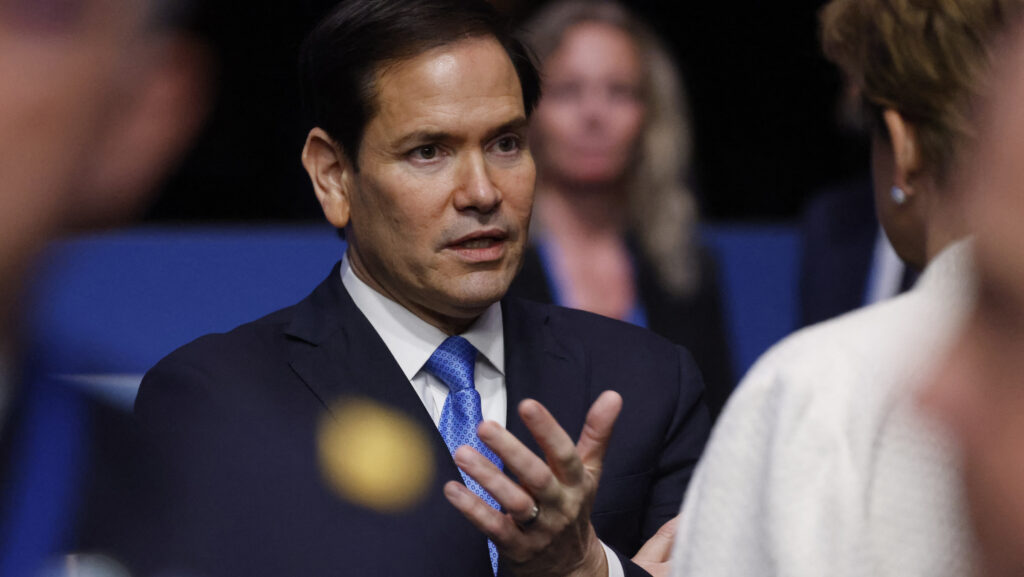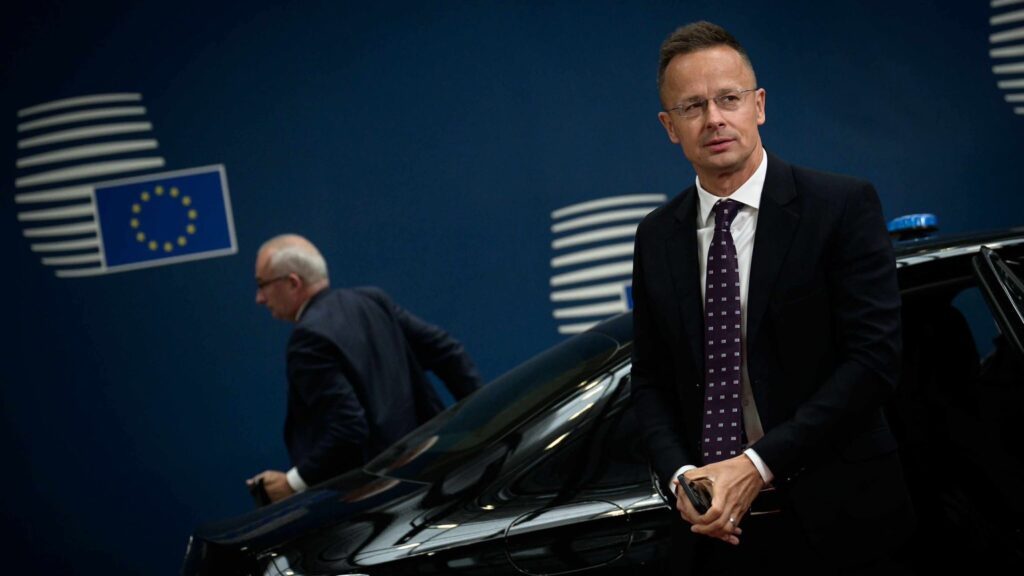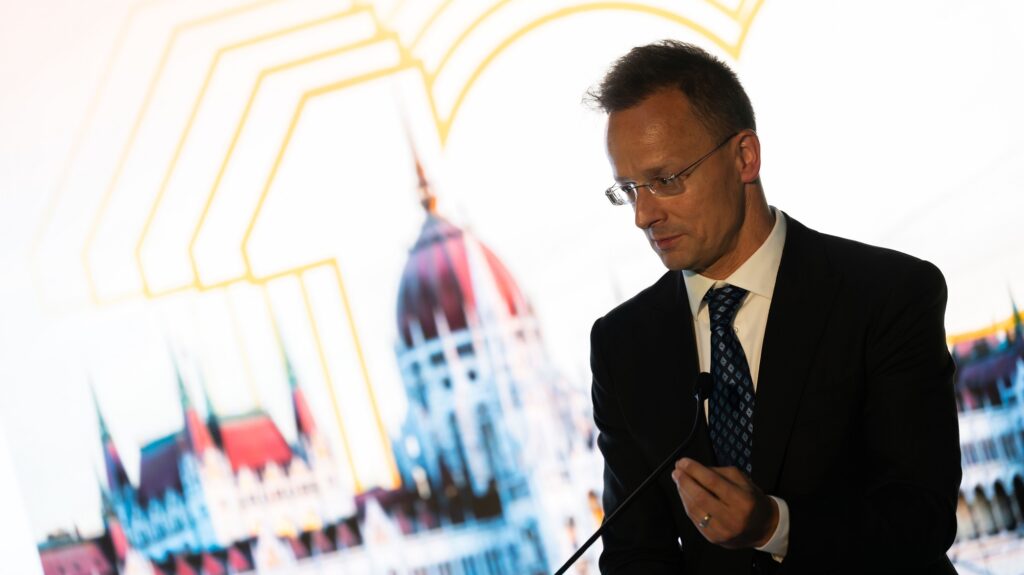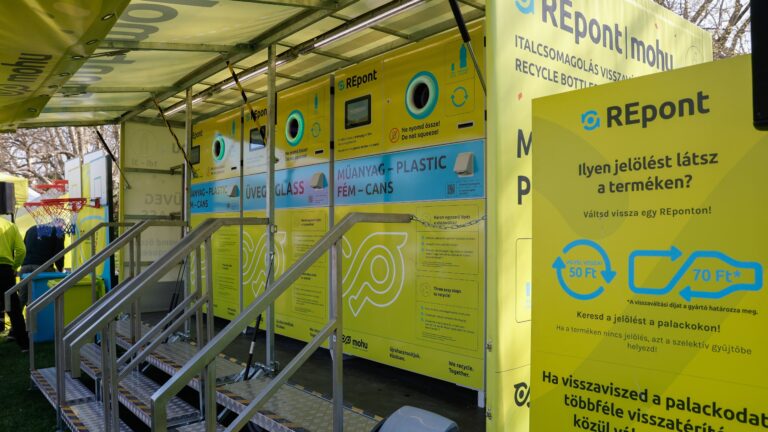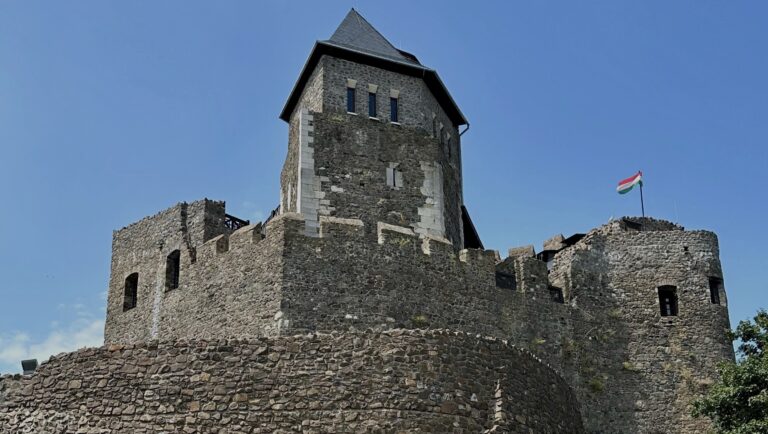According to a survey published on 14 September, a significant proportion of Slovakians want Russia to win the war. The survey ’How Are You, Slovakia?’ was conducted by the polling agency MNFORCE in collaboration with the Slovak Academy of Sciences. In the survey 1,000 respondents were asked to answer 54 questions, only two of them concerning Russia and Ukraine. The survey was conducted online between 18 and 22 July. According to the survey, 20.6 per cent of respondents preferred Russia to be a ‘clear winner’ of the conflict, as opposed to 19.9 per cent who would like to see Ukraine as the undoubtable winner. 17.9 per cent did not know how to respond to the question, while 19.1 per cent of survey respondents selected answers 5 or 6 as their preference, meaning that they would rather prefer an inconclusive outcome as the end of the war. Overall, 52.1 per cent of all survey respondents had some form of a preference (strong to very weak) for a Russian victory, while only 30 per cent expressed support for Ukraine winning the war (from conclusively to slightly).
The methodology of the survey is strongly contested, however. Most researchers took issue with the scale of 1 to 10 the poll used to determine people’s preferences about the war outcomes. Preference 1 (clear Russian victory) and preference 10 (clear Ukrainian victory) were clearly labelled on the survey questionnaire, however, all the numbers in between were not. The numbers in between wanted to measure the degree to which people prefer Ukraine or Russia as the winner. On our graph above (that replicates the original) we describe the preferences between 2-9 in words to assist our readers’ interpretation of it, but it is important to note that there were no labels attached to preferences between 2-9 on the original graph, so those surveyed did not have this supporting information. As the graph was widely interpreted as using the following scheme: ‘numbers from 1 to 5 – in support of Russia’, ‘numbers from 6 to 10 – in support of Ukraine’, our labels also reflect this scaling.
Due to the controversy about how to interpret the answers, some have dismissed the survey as invalid
There is some indication, however, that this interpretation of the graph is incorrect. One of the sociologists working on the survey said that their original intention was to define values between 4 to 7 as a neutral position. Albeit this intent was not clear in their survey, this interpretation of the scale would mean that ‘only’ 32.4 per cent of survey respondents actually prefer a Russian victory, while 25.5 per cent are rooting for a Ukrainian victory. Due to the controversy about how to interpret the answers, some have dismissed the survey as invalid. Others, on the other hand, highlighted that on the two extremes (where the way it should be interpreted in is clearly indicated in the question) the slight preference for a clear Russian victory is obvious. Therefore, if nothing else, the survey does uncover a slight tilt towards Russia in Slovak public opinion. The concerns about the methodology will not be dissipated until the exact details of the dataset are published online, which is expected to happen in the coming months.
Some argue that the anxiety about the skyrocketing energy prices, and the financial burden Ukrainian refugees represent for the Slovak economy strongly informed the responses to the survey. The financial implications of the war have led to increased scepticism in Slovakia about how the West is handling the war. While in March 76 per cent of Slovaks said Russia is to blame for the war, by August this number dropped to 68 per cent. In the August survey the second most blamed country for the war was the US, with as many as 48 per cent blaming Washington for Ukraine’s situation. Others, when trying to explain the slight pro-Russian skew the survey measured, underscored the influence of Russian propaganda on the Slovak media. A study on the topic outlined the increase in anti-American reporting in the Slovak media and in the spreading of pro-Kremlin news since the beginning of the war. Therefore, some suggest that the spread of Russian propaganda is the explanation as to why the majority of Slovaks came out as pro-Russia in the ’How Are You, Slovakia?’ survey.

